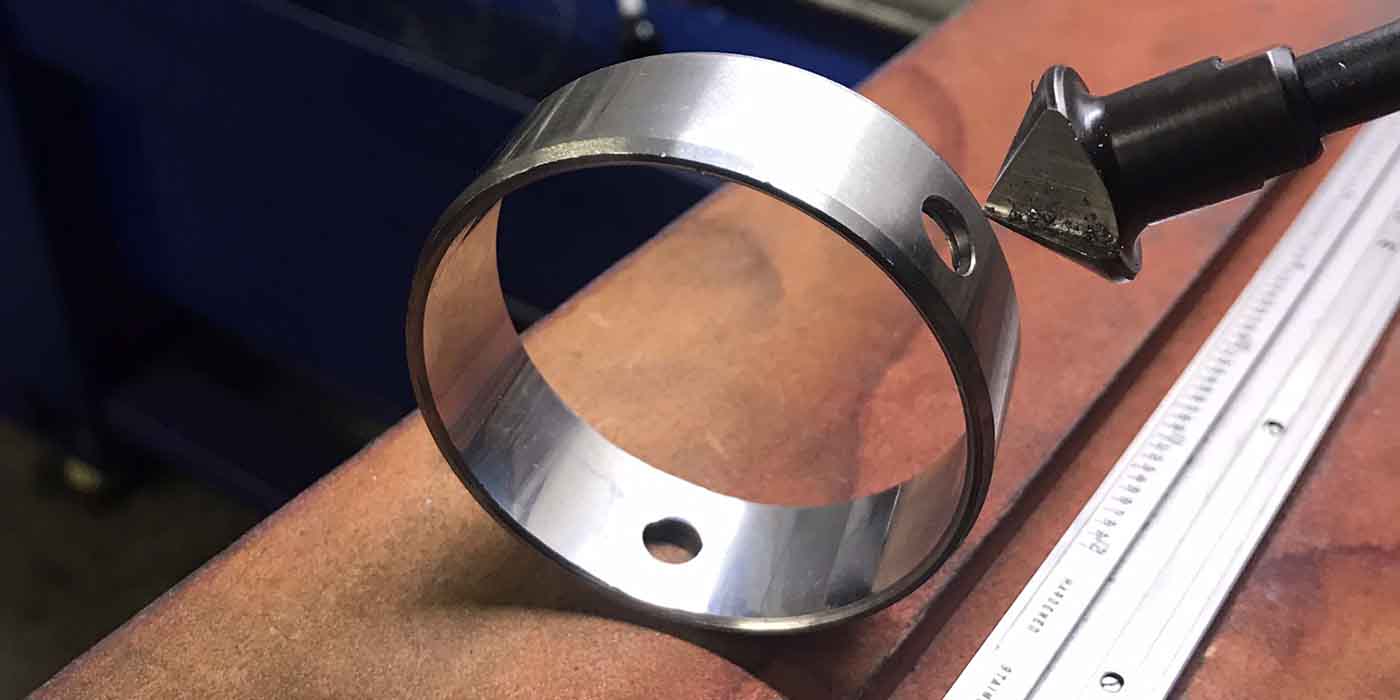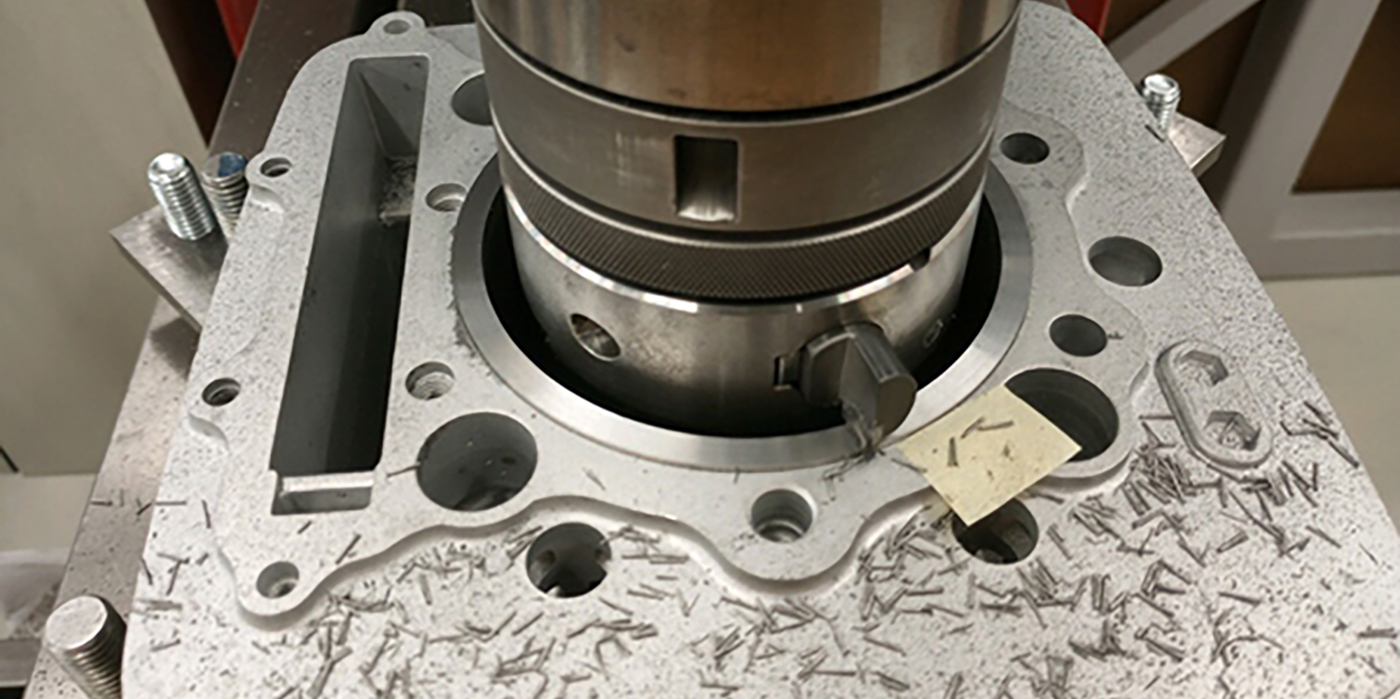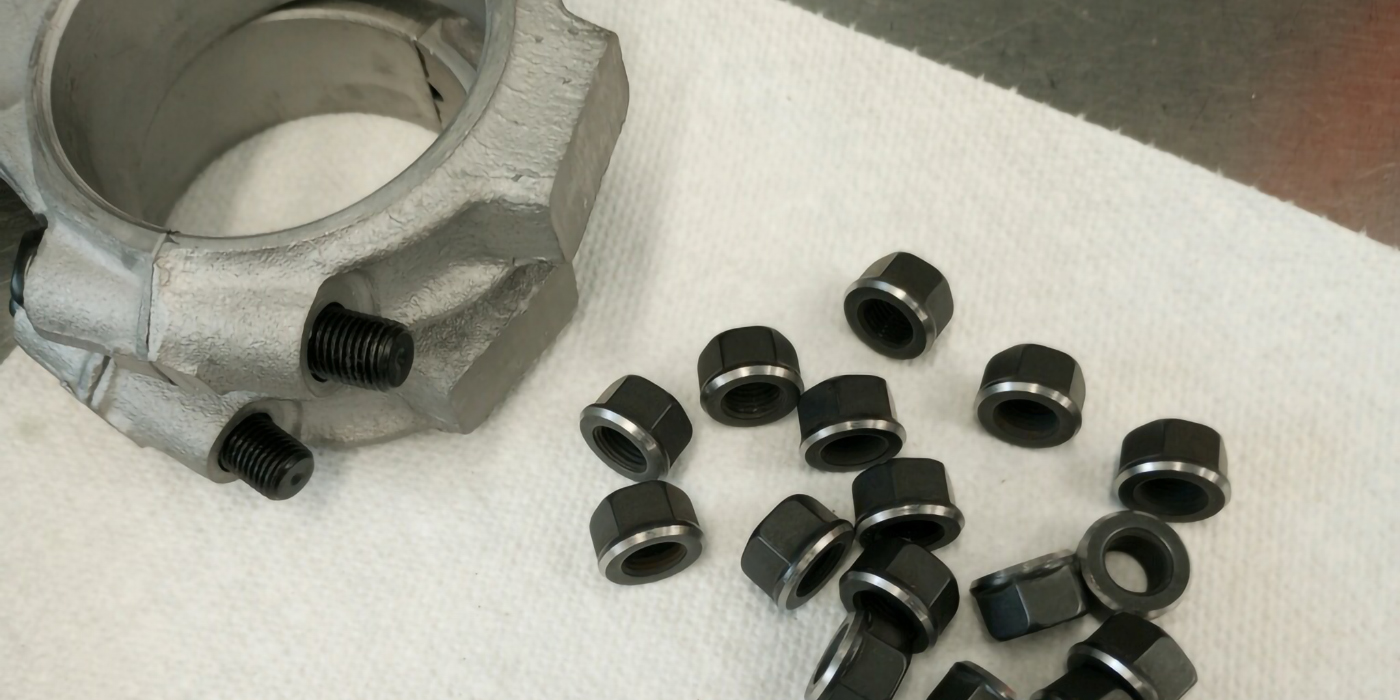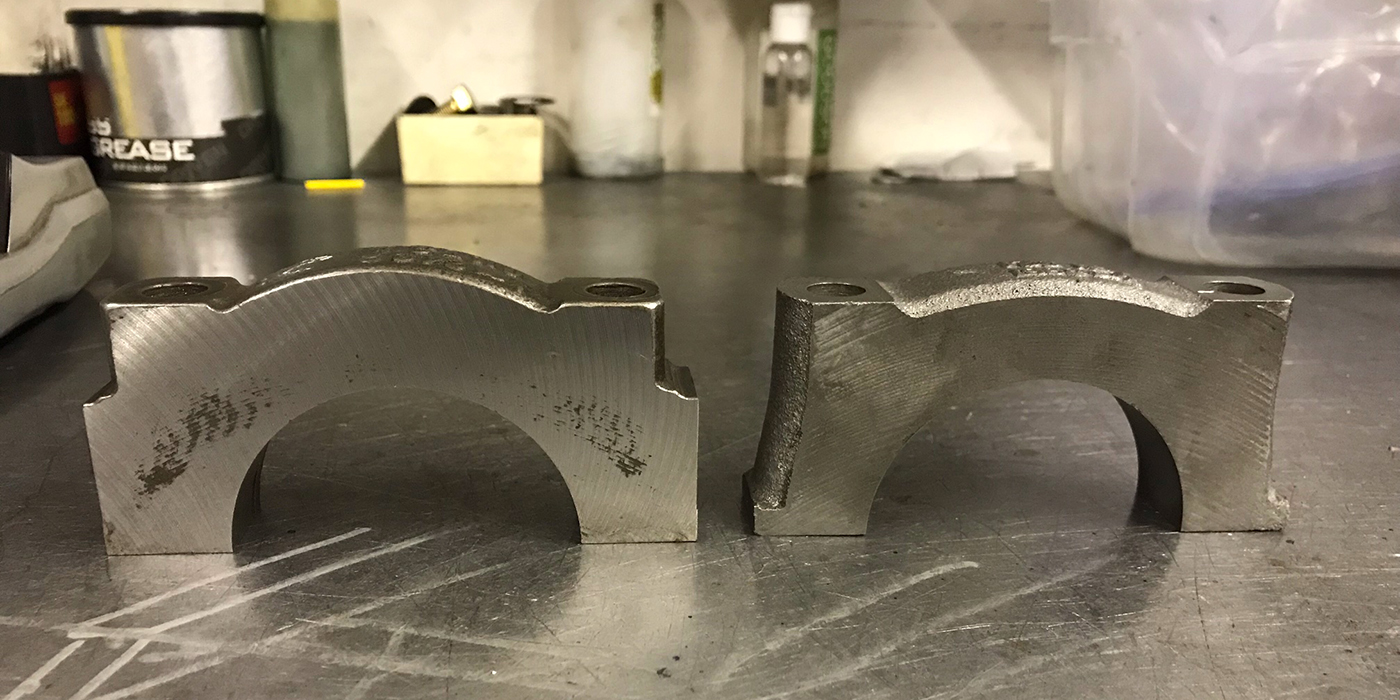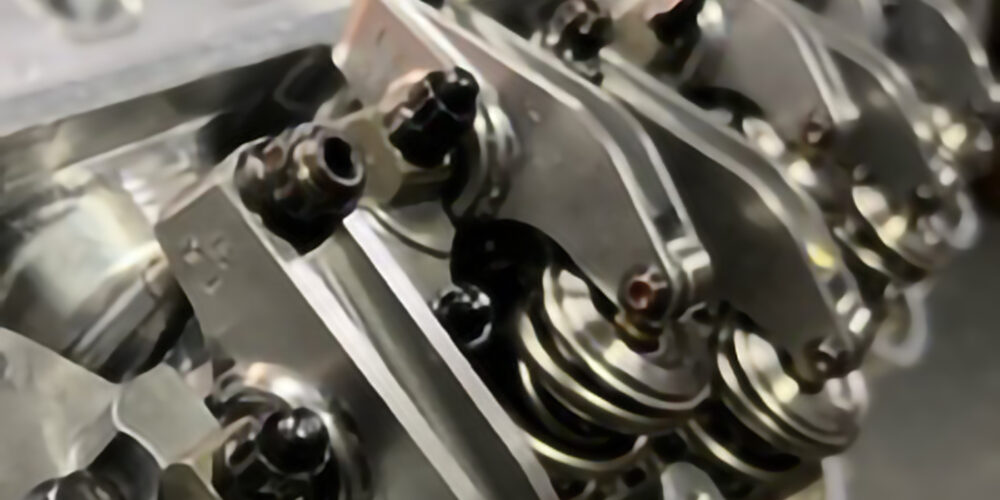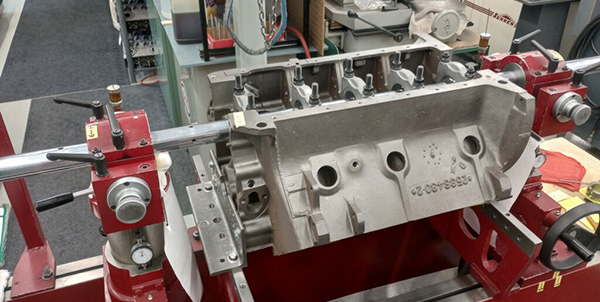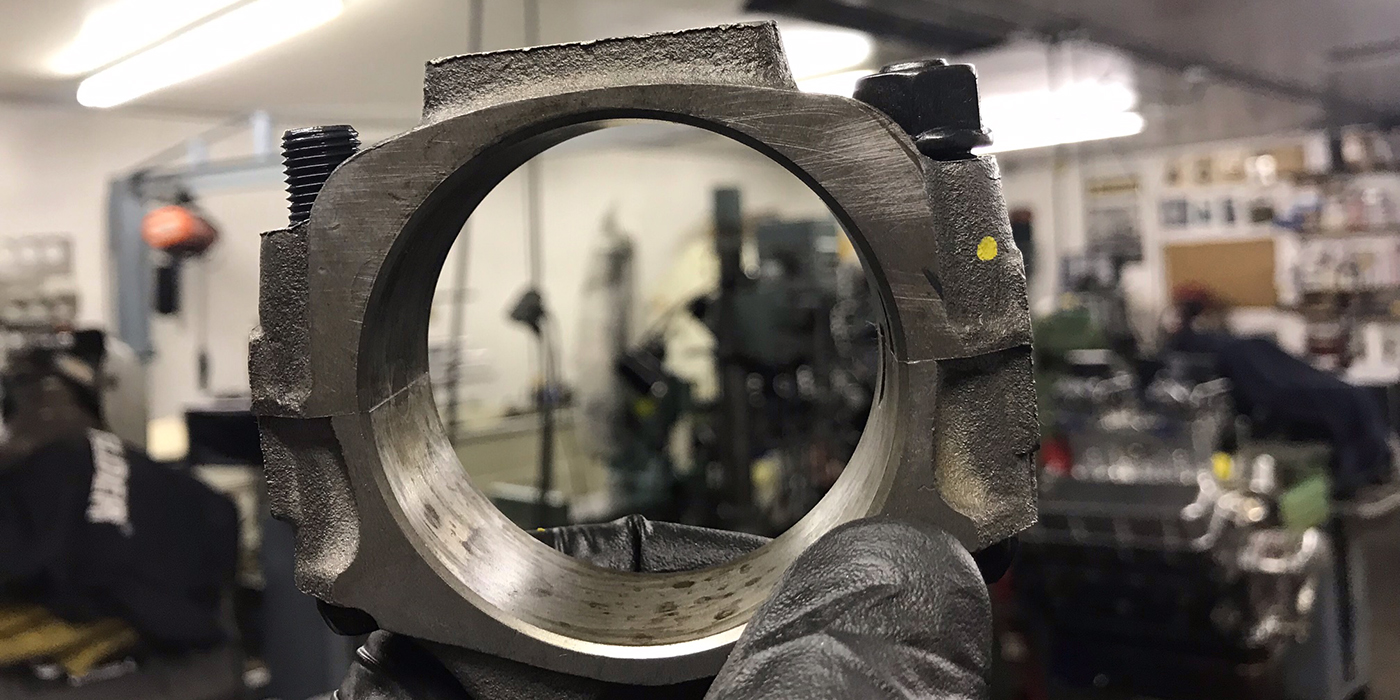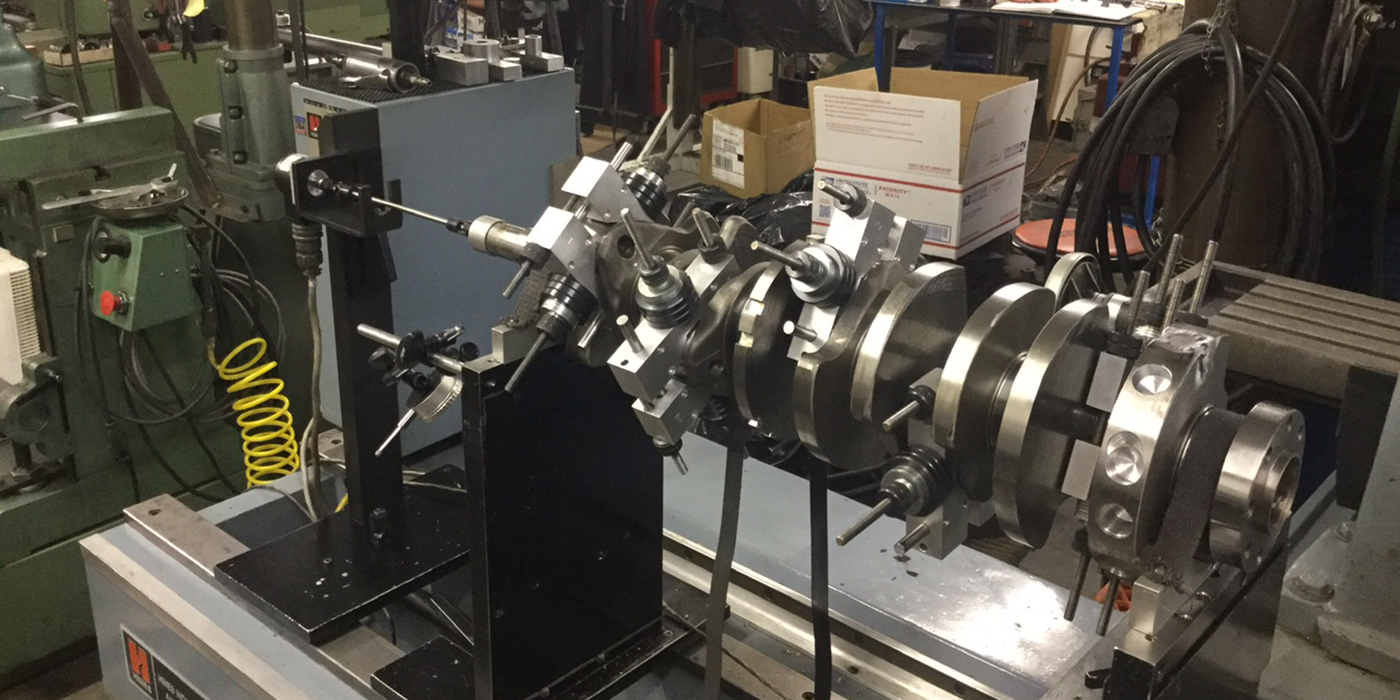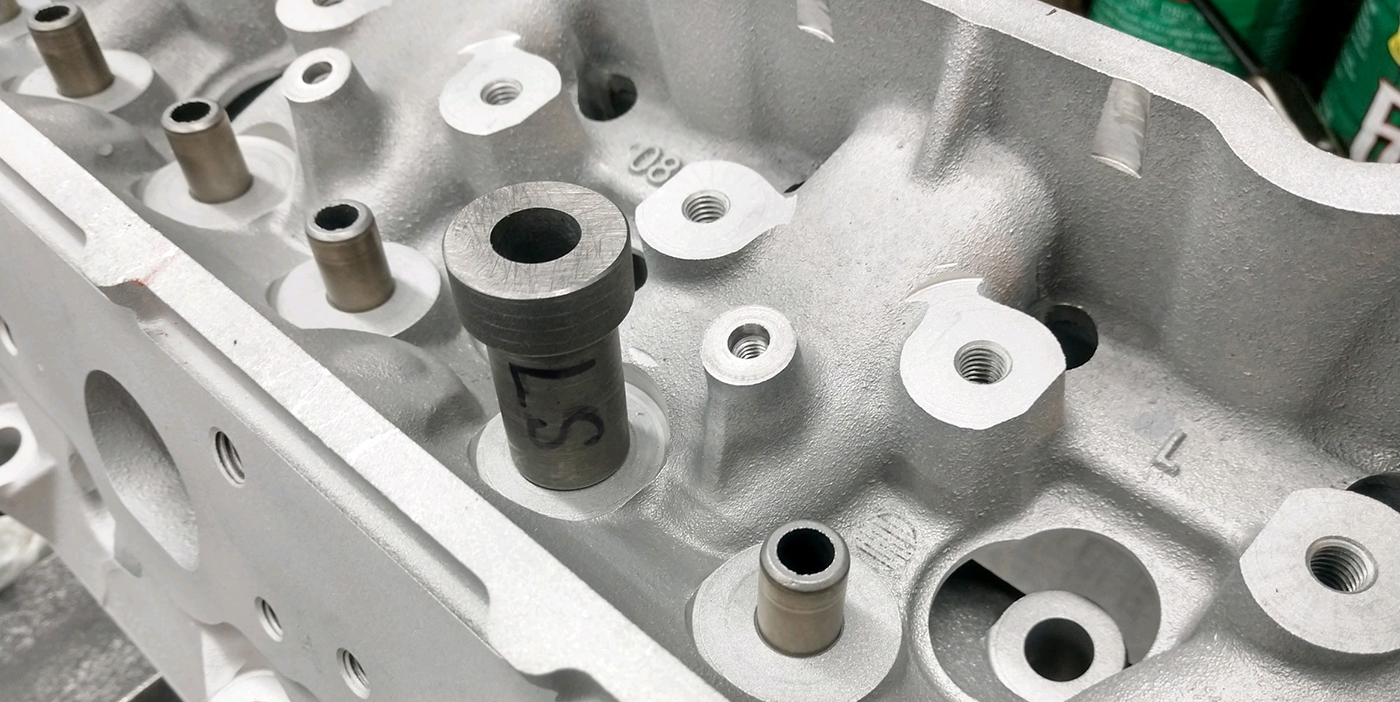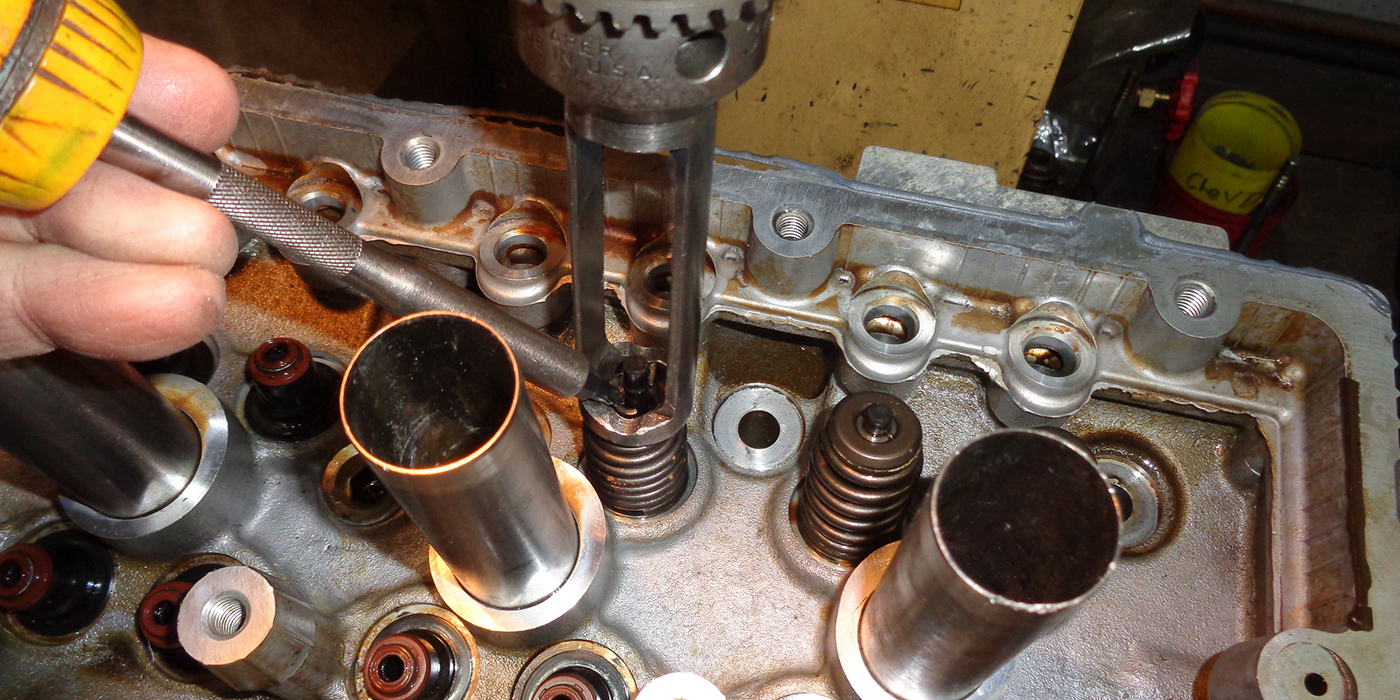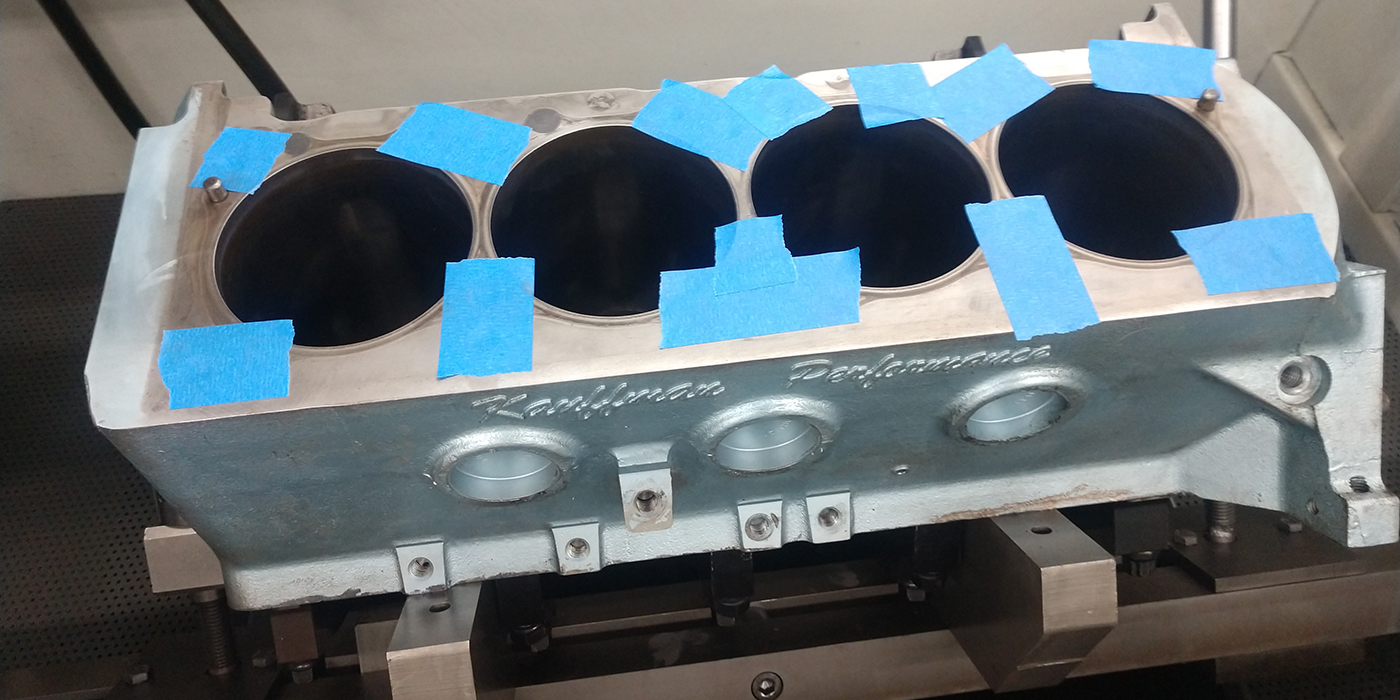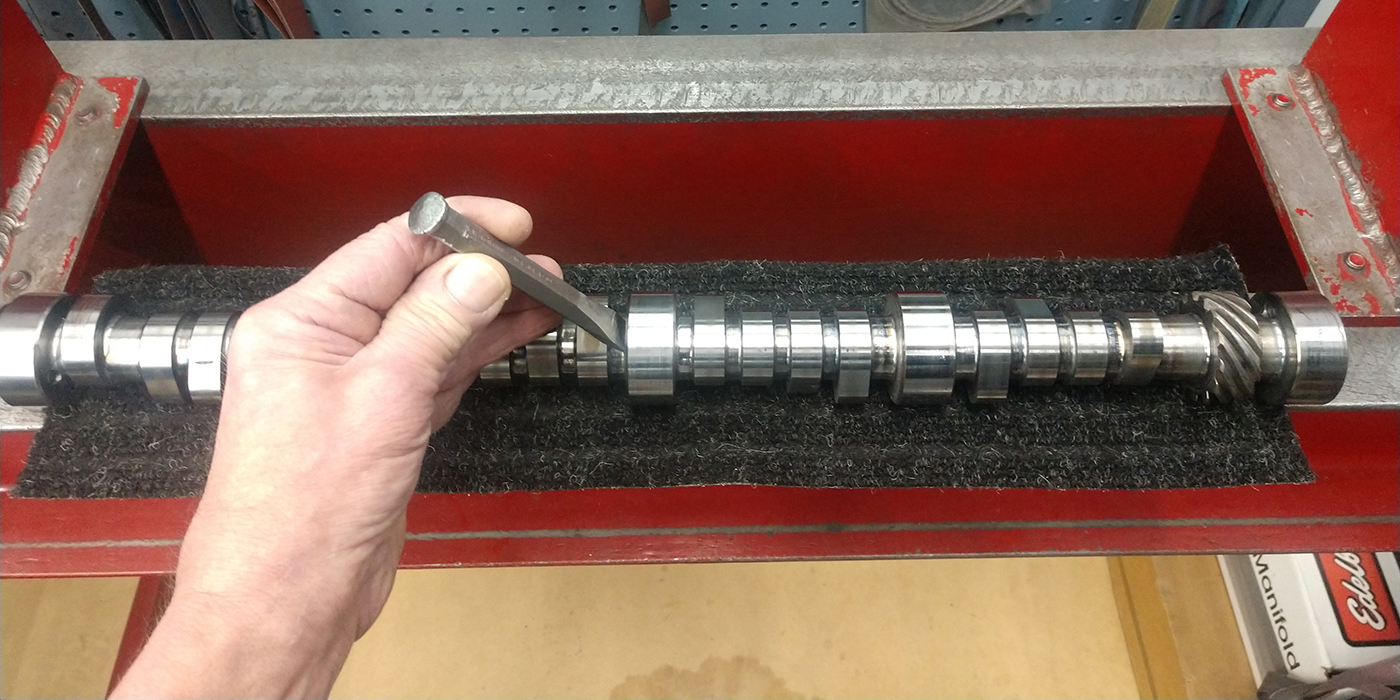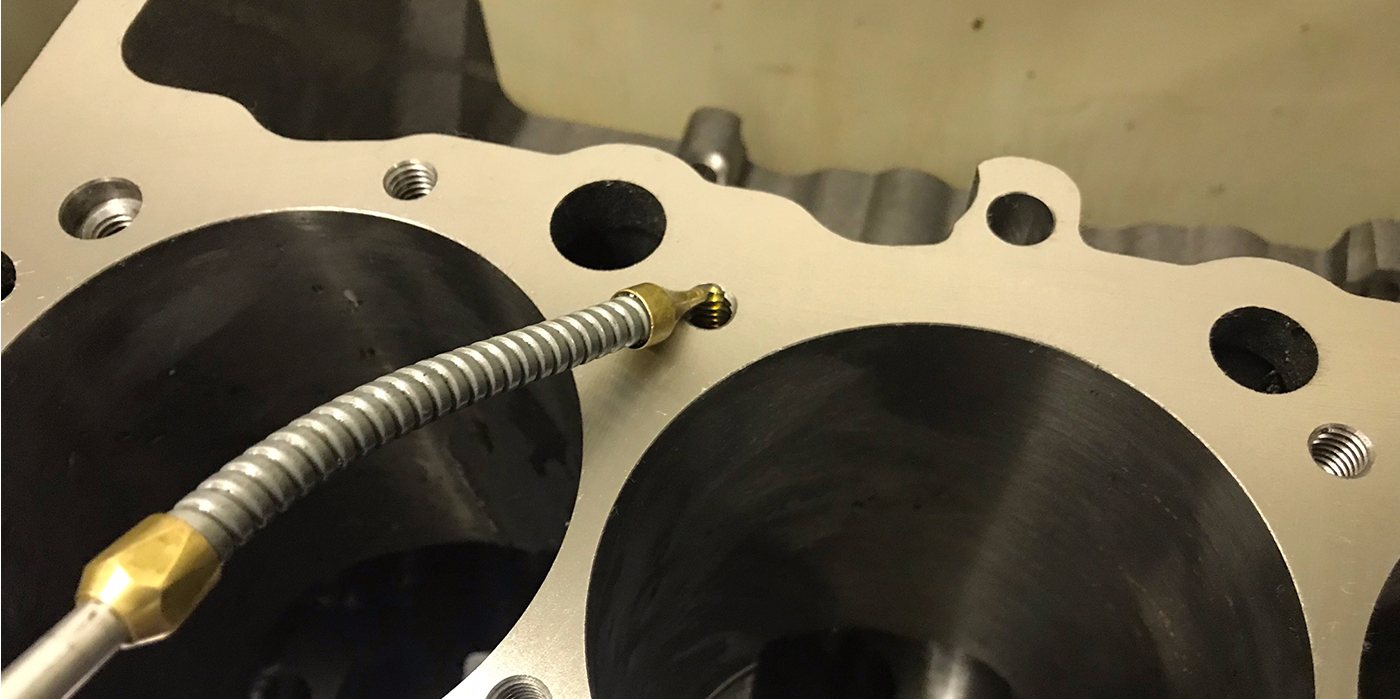Don’t Just Absorb Incidental Charges
 There are lots of bad habits that machine shop owners get into over the years that can suck the profit out of a job. One bad habit is quoting a job and forgetting about the extra costs that are typically absorbed. Many shops do not charge for incidental charges that are associated with the job such as oil disposal, credit card processing fees and freight charges.
There are lots of bad habits that machine shop owners get into over the years that can suck the profit out of a job. One bad habit is quoting a job and forgetting about the extra costs that are typically absorbed. Many shops do not charge for incidental charges that are associated with the job such as oil disposal, credit card processing fees and freight charges.
I just finished comparing airline flight rates for a trip to Florida. Airlines toss out some pretty impressive prices, but can I get to the midwest for under $100? No, that is one way and doesn’t include incidental fees such as destination charge, fuel surcharge, tax and, of course, my bags.
Shoppers are generally used to these charges and don’t think a thing about the extra fees tacked on the bottom of the invoice. The airlines aren’t the only ones who slip incidental charges on to the bill. In our industry we see oil change shops advertising 5 quarts of oil and filter installed for $12.99 but then find out that the oil disposal fee is another $5! We’ve been quoted tires for years to find out that the price doesn’t include valve stems or balancing and today you also get slapped with a tire disposal fee.
Consumers are used to incidental charges so don’t feel bad using the same marketing technique that most of us are already used to. Feel comfortable quoting the job and saying, “plus any incidental charges such as extra labor for unexpected problems like a broken bolt or freight to acquire the oversized pistons.” Add the incidental charges to your final invoice and protect the bottom line.
Steve Rich
Sterling Bearing, Inc.
Kansas City, MO
Homemade Pre-Oiler
I bought one of those kits used to transform an empty Freon tank into a reserve air tank. Adding a large nipple and cap to the mix, I ended up with the following; a tank that I can fill with the entire oil capacity of an engine, or a little more. It has an air gauge at the top, a hose at the bottom that I connect to an oil port on the engine, and a quick-disconnect for an air line. I fill the tank with about 5 quarts of oil and use the gauge to insure that the pressure does not exceed 35 or 40 psi. Judging by the weight of the tank I can turn off the flow before the tank is empty. You don’t want to blow out all the oil you just fed into the system.
No matter how clean your engine assembly area and practices are, it feels reassuring that anything minute in the system probably just got flushed out. The tank does not empty out real fast, which allows me to hit the starter to crank the engine over a couple of revolutions when it’s about halfway filled. This primes the pump, and purges all of the oil passages.
Henry (Tim) Timmins
Tim’s Garage
St Clair Shores, MI
New GF-5 Gas Engine Oil Standards
Most engine builders know that today’s oils have reduced levels of zinc, phosphorus and sulfur (ZDDP). American Petroleum Institute will be introducing its new oil standards for GF-5 in August 2010 and the levels of phosphorus will not be reduced, but friction modifiers and other agents to reduce emission levels and fuel mileage will be added. GF-4/GF-5 may not have adequate anti-wear levels for certain older or modified engines.
This is a critical issue for engine builders and their customers. If everyone is not up to speed with today’s oils, they could have trouble breaking in their engines without lubrication problems. Even after initial break-in with performance engines that have higher operating rpms, pressures and temperatures. Engine Pro offers Extreme Lubricants for engines with, and without catalytic convertors to stop lubrication deficiency problems before they happen.
We need to keep in mind that today’s oils are designed and developed for today’s engines and not necessarily for the engine you are building, and may never be. So it would be in your best interest to educate your employees, installers and vehicle owners as to what type of oil to use in their rebuilt engine.
Bill Crum
Engine Pro Technical Committee
Following The Machine Shop Trinity
Let’s talk about the machine shop trinity. I’m not talking fathers, sons or holy ghosts: it’s the year, model, and VIN I’m after. I know it seems rather elementary; in my opinion it hardly merits remark, but nonetheless I still get numerous calls each day from machine shops (and not new machine shops, mind you) requesting parts but lacking sufficient information.
On the plus side, if a customer walks in your shop and drops a cylinder head on the counter and all you ask for is his name, and are able to return that customer’s head to him in perfect order, that customer is probably going to be impressed. He may think, “wow, he didn’t even have to ask me what engine it came from.”
The minus side includes a long list of particulars that I do not wish to list in its entirety. Sales guys sometimes fantasize about screaming at shop guys when they don’t get year, make, model and VIN. If you have to call your customer to ask for information that he probably had ready when he was at your shop and probably doesn’t have ready while he’s driving down the road and talking to you on the phone, you’re not only a pain but he’s certainly not going to spread the word about how sharp you are.
Ray Goebel
Engine Rebuilders Warehouse
Dania Beach, FL
Engine Builder Shop Solutions is sponsored by Engine Pro,
a consortium of 14 engine parts specialist WDs operating 33 branch
locations serving engine builders/rebuilders across the U.S. Shop
Solutions published in each issue of Engine Builder Magazine are
awarded a $100 Visa Gift Card. Winners will be chosen by
the staff of Engine Builder Magazine and the Engine Pro Technical
Committee.
To submit a Shop Solution simply mail your entry
to Engine Builder Magazine, Shop Solutions, 3550 Embassy Parkway,
Akron, OH 44333; or email to Shop [email protected]. Shop
Solutions may also be emailed to [email protected].You must include
your name, shop name, shop address and shop telephone number. Submitted
Shop Solutions not published will be kept on file and reevaluated for
publication with each month’s new entries. If you include your email
address you will be emailed notification of publication if your Shop
Solution is chosen.

